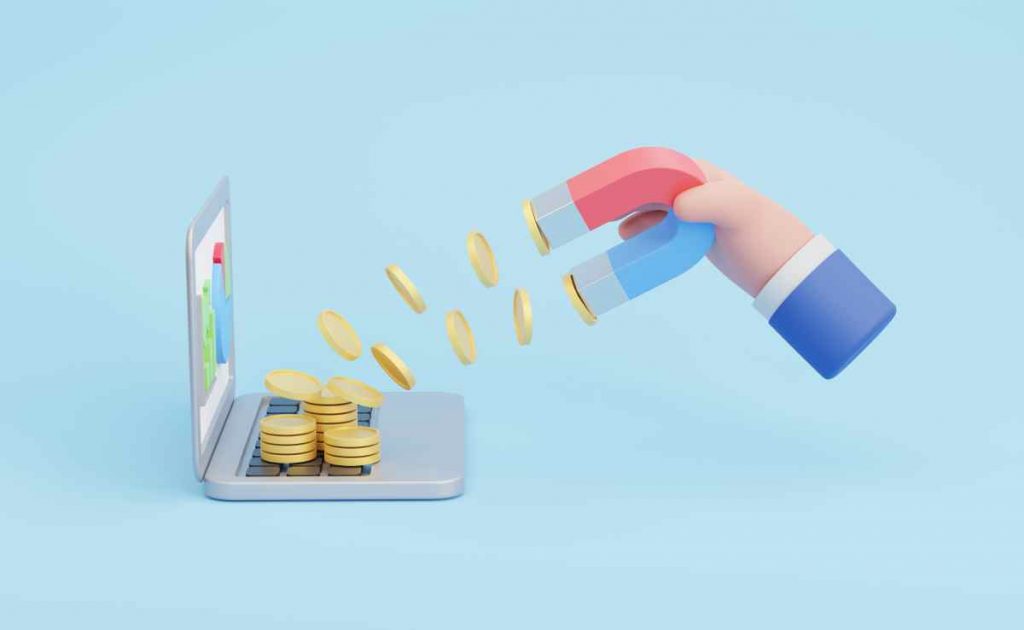Cash App Scams
Cash App is one of the most popular online payment platforms. Unfortunately, its popularity has led to an increase in fraud on the platform. Just as moths are attracted to light, financial frauds proliferate on the latest money trends.
Since 2020, CashApp frauds have increased by 472% according to the FTC. Keep in mind that these are only the cash app flip scams that have been reported and dealt with–there are many more that aren’t reported.
Cash App Is Not a Scam - But It Can Be a Fraud Magnet
It’s important to note that Cash App itself is not a scam. The frauds that flourish on the app have nothing to do with the company itself, but with cash app scams that use the service to access customer funds and information.
In addition, there are many cash app scams that mimic the service, but are fake apps and websites that, once installed on a device, will inject malware and rob data.

Why Are There So Many Cash App Scams?
Some aspects of Cash App make it more vulnerable to certain types of fraud than Paypal or other payment platforms. Once the money is sent, it is hard to get it back. Other platforms make reversing a transaction relatively easy.
Also, Paypal and other services provide a dispute resolution service that is similar to the credit card chargeback process. The fact that Cash App doesn’t offer this service makes it the choice for fake merchants who want to exploit customers.
In addition, one perk Cash App offers has led to some problems. The app allows buying selling and trading cryptocurrencies. As a result, cash app bitcoin scams are common. Tracking down funds stolen by a cash app bitcoin scam can be a challenge since these funds end up in anonymous bitcoin wallets that aren’t connected to known names or locations and are difficult to trace.
Common Types of Cash App Scams:
- Phishing
- Cash App Flip Scams and Fake Giveaways
- Cash App Bitcoin Scams
- Romance or “Sugar Daddy” Cash App Scams
- “Accidentally” Sending Money
- Merchant or Broker CashApp Frau

CashApp Phishing
Phishing happens on CashApp the way it does on any other payment platform, social media site, or email fraud. Someone will ask for personal information, a photograph, account data, or ask you to click a link. They do this through devious means–pretending to be from CashApp or posing as a friend or acquaintance.
If you see a message in your email or Whatsapp that is supposedly from CashApp customer service asking for you to click a link or provide login information to verify your account, never respond directly to the message. Instead, contact CashApp customer service and verify this request was sent. It pays to deal with customer service directly and to send information only through secure means.
Cash App Flip Scams
Cash App Flip scams are fake deals that promise that you’ll be able to “flip” a small amount of money and receive huge returns in a short space of time. These fraudsters may reach out to you directly on CashApp or they’ll spam customers through ads, emails, and text messages that are supposedly designed for special CashApp users.
It’s no surprise that they rarely give any details on how they are going to make this money–the idea is to get customers to give over their money right away and then they disappear with the funds.
Cash App Bitcoin Scams
The dark side of the apparent advantage of offering cryptocurrencies on a payment platform is the number of crypto frauds. Unfortunately, Cash App bitcoin scams abound, along with legitimate cryptocurrency transactions on the app.
It’s important not to part with any sensitive information, including bitcoin codes or keys. However, an account hack can give fraudsters access and your funds could disappear into an anonymous bitcoin wallet.
Romance and “Sugar Daddy” Cash App Scams
Romance and money shouldn’t go together–if they do, often one party is getting taken for a ride. Romance frauds flourish on social media networks and also on Cash App. People looking for love can soon be asking for loans through Cash App. Also, young adults who want “help” from someone older (richer) and wiser may be willing to accept funds and part with their account information only to see that the “Sugar Daddy” is the one who is receiving the financial benefits in the end.
“Accidentally” Sending Money
If someone you don’t know contacts you and claims they sent you money by accident, don’t assume it was an honest mistake. This is a clever trick used by fraudsters to inspire confidence.
They may start a conversation with you and get more information to commit identity theft. They might ask you to send the money back to them, but since the payment was most likely made with a stolen credit card, they can stand to gain. Contact Cash App if a stranger claims to have accidentally paid you.
Merchant or Broker Frauds
One reason merchants may prefer Cash App is that it reduces the risk of friendly fraud. In other words, customers are less able to get refunds for trivial reasons, than they can with credit card chargebacks.
The lack of dispute resolution services on Cash App means that even customers who have a legitimate complaint may find it difficult to get a refund. This means that fake merchants and unlicensed brokers can pretend to offer phony goods or services and get away with it when the customer gives up on the idea of trying to get their funds back.
If You’ve Lost Money or Data to a Cash App Fraud, Don’t Give Up! Contact Broker Compliant Registry
However, it’s important not to give up if you are a victim of online fraud, but to seek recourse immediately. BrokerCompliantRegistry has developed working relationships with law enforcement agencies worldwide, has extensive knowledge and experience with crypto tracking, and can improve your prospects of getting your funds back

